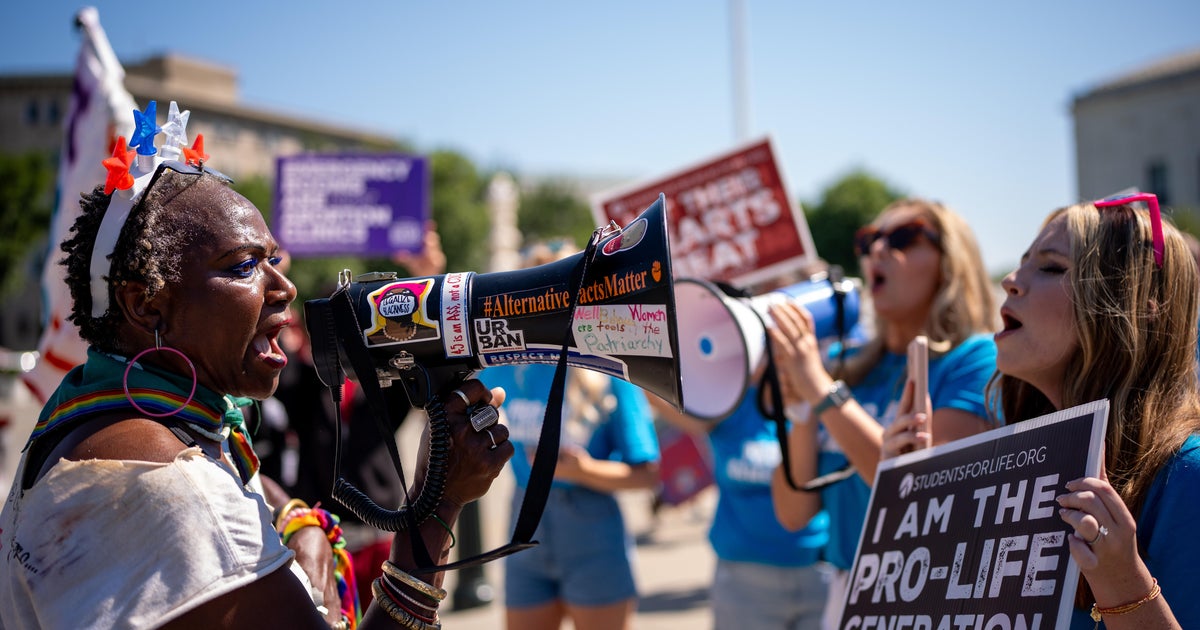Overtown legend Clyde Killens brought big name entertainers to the "Harlem of the South"
MIAMI - On the rear wall of a building where Clyde Killens lived in the heart of Overtown, there is a mural of him.
Killens is an Overtown legend, well remembered by broadcasting executive and radio personality Jerry Rushin.
"I don't wanna say Godfather per se but, yeah, you could say he was kind of special," he said.
"He was the one who, as an entertainment promoter, brought life to Overtown," said Miami historian Dorothy Fields.
There were unique reasons for the growth of the Overtown entertainment scene. Jim Crow segregation was at the core of the circumstances that Killens operated in.
"Patti Labelle, Nat King Cole, Cab Calloway Ella Fitzgerald, most of them of course came first to work on Miami Beach but because of segregation, because of Jim Crow, they were not allowed to live and eat on the beach. For example, Aretha Franklin was just one of the scores of entertainers that Killens brought to Overtown when Miami's 'Colored Town' was known as the 'Harlem of the South'," said Fields.
After wrapping up their shows and back from the beach after hours, the Black entertainers would show up in Overtown clubs and sometimes jam all night.
In an interview for a PBS documentary, Killens had this to say about the Overtown nightclub scene.
"In the fifties, the acts, Nat King Cole, Sammy Davis, George Kirk, all those guys, when they come down here, they worked at, in Miami Beach but their shows in the hotel, they were off at 2 a.m. and they all would come over to Sir John. And all their white friends would follow them, you see."
Killens said he told the entertainers that the next time they came to Miami he wanted them to do a show in Overtown, and they did.
Though long gone, like much of Killens' legacy in Overtown lives on at the Red Rooster Restaurant housed in Clyde's old pool hall. The building has been restored from a derelict condition and is now high-end restaurant and entertainment center along NW 2nd Avenue. Killens would probably dig it, there are pool tables and all his entertainment promotion posters are on full display.
Besides being a businessman, a nightclub manager, and an entertainment promoter, Killens will always be remembered as kind of an "Overtown Fixer." Jerry Rushin remembers that side of him.
"Some guys, they got the walk, they got to look, they got the connection. What's your problem? What do you need? Hold on one second," he said.
Rushin said Killens "just had that kind of juice and he was one of those guys."




